Assignment: The Rise of Nationalism in Europe | Social Studies (SST) Class 10 PDF Download
| Table of contents |

|
| MCQs |

|
| Short Q/A |

|
| Activity-Based Questions |

|
| Research-Based Question |

|
| Crossword |

|
MCQs
Q1. Which country was not a unified nation in the 19th century as represented in Sorrieu’s print?
(a) Germany
(b) Italy
(c) Switzerland
(d) United States
Ans: (a) Germany – At the time, Germany was not yet unified and consisted of many smaller principalities.
Q2. What does Ernst Renan describe as the essential conditions for the formation of a nation?
(a) Common language, race, and religion
(b) A heroic past, shared glories, and common will
(c) Geographic territory and wealth
(d) Military conquest
Ans: (b) A heroic past, shared glories, and common will – Renan emphasized the importance of shared history and the collective will.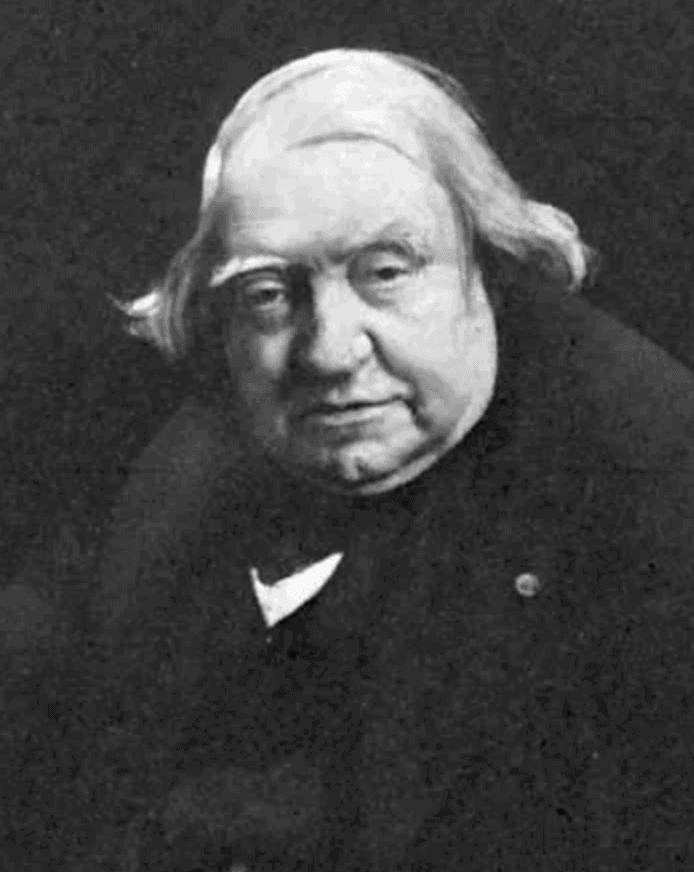
Q3. What symbol did the French revolutionaries adopt to create a sense of unity?
(a) The crown
(b) The tricolor flag
(c) The eagle
(d) The olive branch
Ans: (b) The tricolour flag – It symbolized liberty, equality, and fraternity in revolutionary France.
Q4. What was the main objective of the Zollverein in the German-speaking regions?
(a) To create a unified army
(b) To abolish tariffs and create a unified economic territory
(c) To promote German literature
(d) To establish a German language
Ans: (b) To abolish tariffs and create a unified economic territory – It was aimed at facilitating trade across the German states.
Q5. What was the key motivation behind the unification of Italy?
(a) The desire for economic independence
(b) The abolition of monarchy
(c) To defeat the French Empire
(d) The creation of a single Italian state from fragmented regions
Ans: (d) The creation of a single Italian state from fragmented regions – The Italian unification process aimed at political and territorial consolidation.
Short Q/A
Q1. Explain the role of Giuseppe Mazzini in the unification of Italy.
Ans: Giuseppe Mazzini was a key figure in the unification of Italy, founding the secret society Young Italy. He advocated for a unified Italian republic and inspired revolutionary movements across Europe, despite being exiled.
Q2. Why was the Napoleonic Code significant for the territories under French control?
Ans: The Napoleonic Code abolished feudal privileges, established equality before the law, and secured property rights, which helped modernize the administration of territories under French control.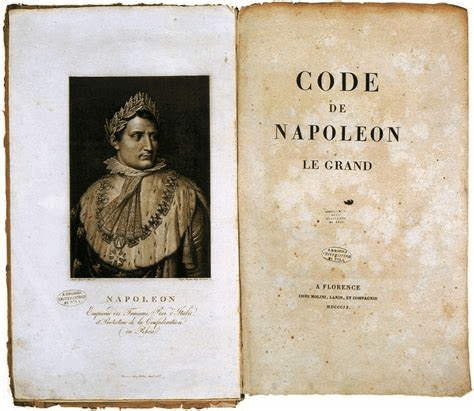
Q3. How did the French Revolution contribute to the idea of nationalism in Europe?
Ans: The French Revolution promoted the idea of "la patrie" (fatherland) and "le citoyen" (citizen), fostering a collective identity among the French people and inspiring similar nationalist movements across Europe.
Q4. What was the main impact of the 1848 revolutions in Europe?
Ans: The 1848 revolutions were led by liberal-nationalists, pushing for constitutionalism, national unification, and democratic rights. However, they were largely suppressed by conservative forces.
Q5. What was the role of Romanticism in the rise of nationalism?
Ans: Romanticism helped foster nationalism by emphasizing shared cultural heritage through art, music, and literature, promoting the idea of the nation as a community with a shared past.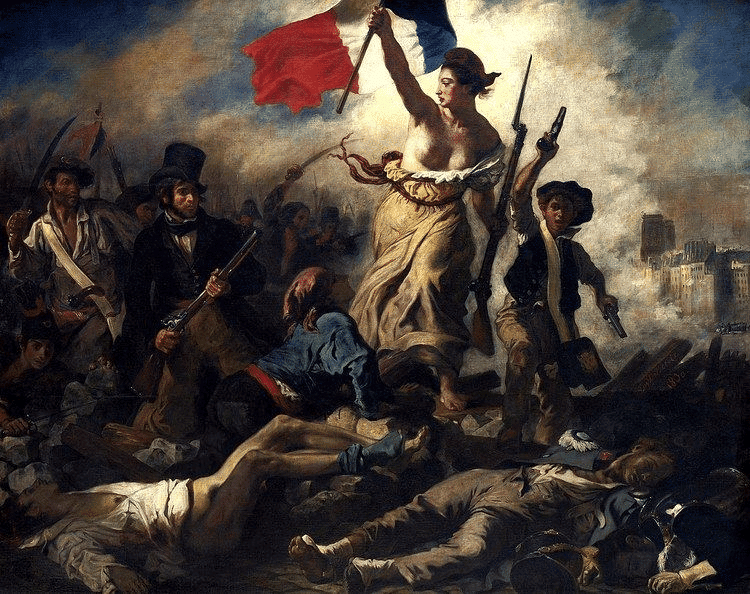
Activity-Based Questions
Q1. Imagine you are a peasant living under foreign rule in 1848. Write a letter to a friend describing your feelings about the growing revolutionary movements and the possibility of freedom.
Ans:
Dear Friend,
I hope this letter finds you in good health. Life here has been harsh and difficult, and as a peasant under foreign rule, we face constant oppression. Every day, we work tirelessly on the fields, but the taxes and duties we must pay to the foreign rulers leave us with barely enough to survive. Our land, our livelihoods, and even our dignity have been taken away from us, and we live in constant fear of punishment and injustice.
However, I have heard whispers of change. Everywhere I go, I see signs of revolutionaries rising, calling for the end of foreign rule. There is talk of freedom and independence, and the air is thick with the hopes of a better life for us all. People are speaking of standing up for our rights, of breaking free from the chains that bind us. I am both excited and fearful. Excited because the idea of living without the burden of foreign oppression feels like a dream. But also afraid, for what if these revolutionary movements fail? What if we are left with even more suffering than before?
Still, the thought of freedom fills my heart with hope. Maybe, just maybe, we will see a day when we are free to live our lives on our own terms, without the constant weight of foreign rulers on our shoulders. The future seems uncertain, but I cannot help but feel that the winds of change are finally blowing in our favour.
Yours sincerely,
[Your Name]
Q2: Using a map of europe, plot the changes brought about by the congress of vienna in 1815.
Ans: In this activity, mark the territories that were redrawn after the Congress of Vienna, including the creation of the Kingdom of the Netherlands, the division of Poland, and the territorial gains for Prussia and Austria.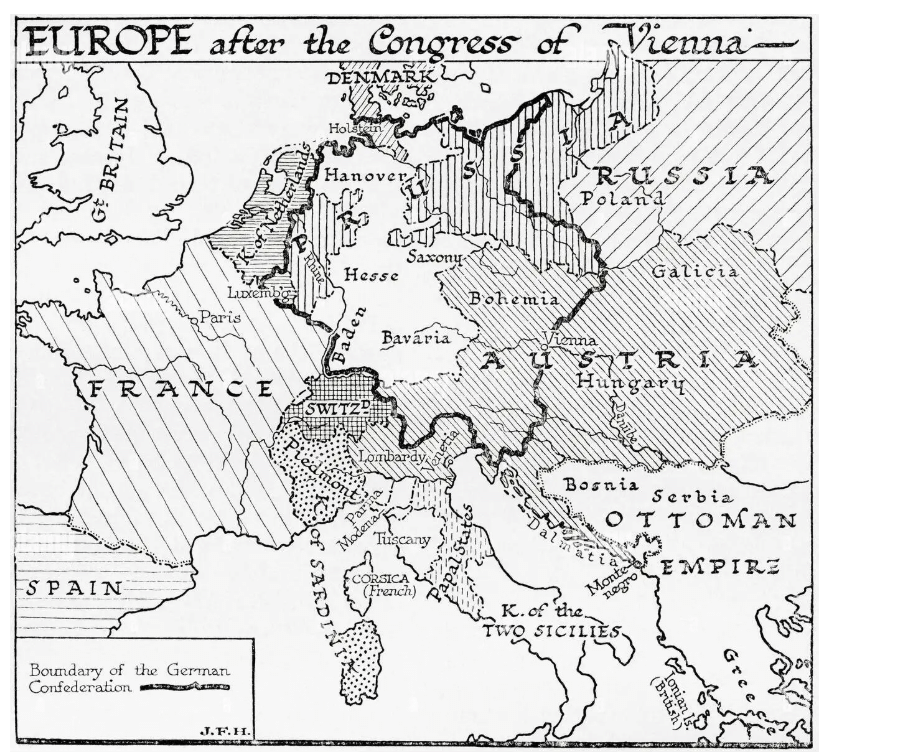
Research-Based Question
Q1: Research the significance of the Zollverein in the unification of Germany.
Ans: Role of Zollverein in the unification of Germany
Formation of Zollverein: Established in the early 19th century as a customs union to remove trade barriers between German states.
Free Movement of Goods and Capital: Allowed for the free exchange of goods and capital, enhancing economic growth and cooperation.
Economic Growth: The union stimulated industrial development and created a more integrated economy among the German states.
Fostering Nationalism: Economic cooperation helped foster a sense of shared interests and identity among the German-speaking population.
Political Unification: The success of the Zollverein encouraged nationalist sentiments, playing a significant role in the political unification of Germany in 1871 under Prussian leadership
Crossword
Instructions: Using the given clues, fill in the corresponding answers in the provided crossword grid.
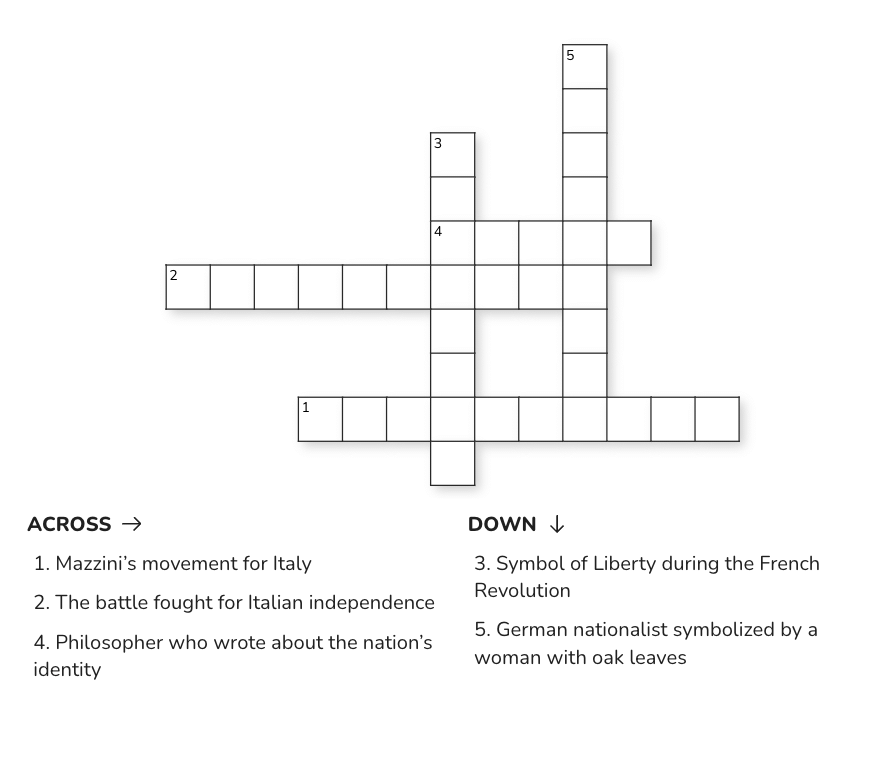 Ans:
Ans: 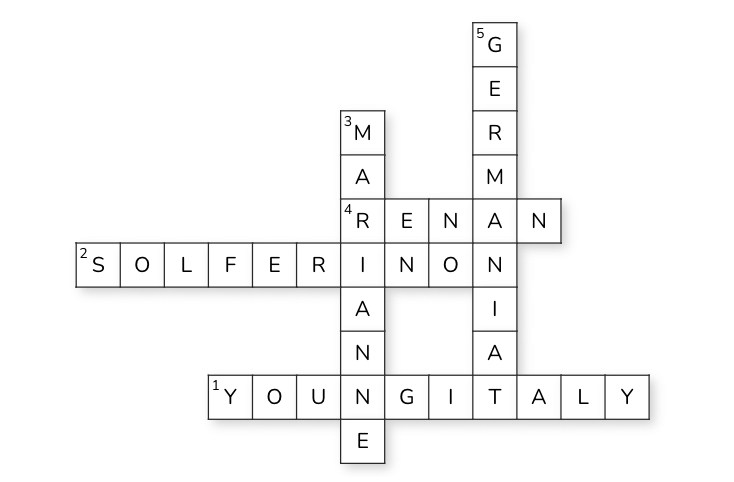
|
66 videos|614 docs|79 tests
|
FAQs on Assignment: The Rise of Nationalism in Europe - Social Studies (SST) Class 10
| 1. What were the main causes of the rise of nationalism in Europe during the 19th century? |  |
| 2. How did the unification of Italy and Germany contribute to the rise of nationalism in Europe? |  |
| 3. What role did the concept of nation-states play in the rise of nationalism in Europe? |  |
| 4. How did the Congress of Vienna influence nationalist movements in Europe? |  |
| 5. In what ways did literature and art reflect the rise of nationalism in Europe? |  |















